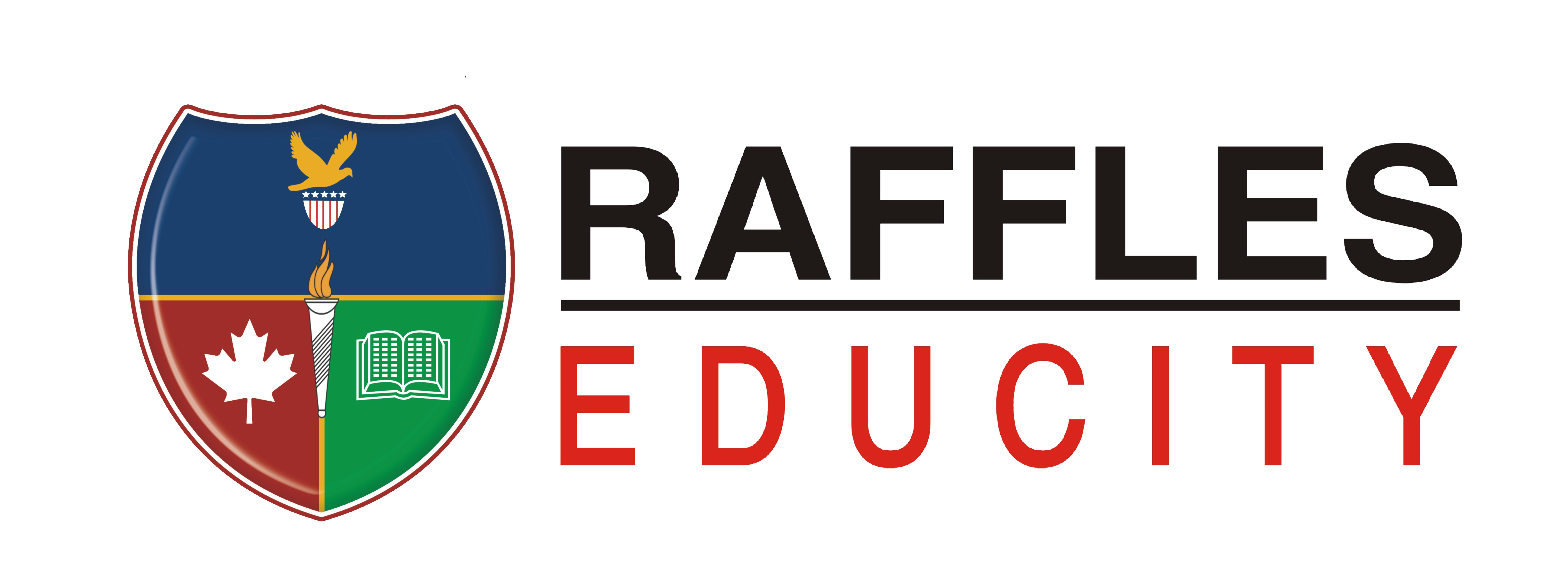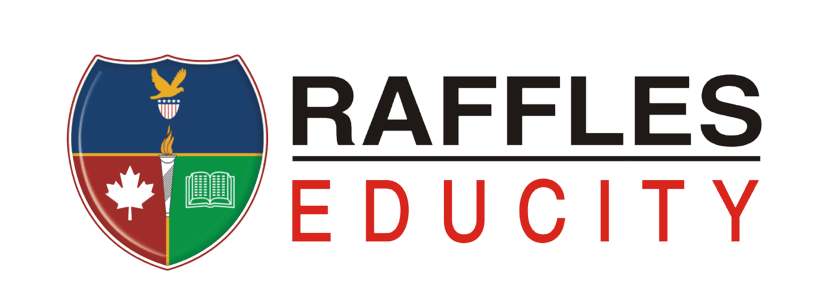Fast Track to Your Future: Understanding and Navigating Canada's Express Entry System for Professionals
Canada’s Express Entry system stands as a cornerstone of the country’s immigration policy, offering a fast-tracked path to residency for skilled professionals around the globe. This blog aims to demystify the Express Entry system, providing a comprehensive guide for professionals seeking to understand and navigate this pathway to a new life in Canada.
At the outset, it’s essential to grasp the fundamentals of the Express Entry system. Introduced by the Canadian government as an efficient way to manage applications for permanent residency, the system is designed to select candidates who are most likely to succeed economically in Canada. This merit-based system evaluates applicants based on factors such as age, education, work experience, and language proficiency, ensuring a fair and objective selection process.
Central to Express Entry is the Comprehensive Ranking System (CRS), a points-based system that assigns scores to candidates. These scores determine a candidate’s ranking in the Express Entry pool. Factors contributing to the CRS score include skills, work experience, language ability, education, and other elements that are indicative of an applicant’s potential to contribute to the Canadian economy. Understanding the CRS is crucial for any professional looking to maximize their chances of success in the Express Entry process.
The Express Entry system encompasses several Canadian immigration programs, including the Federal Skilled Worker Program, the Federal Skilled Trades Program, and the Canadian Experience Class. Each program targets different categories of applicants, based on their skills and experience. For instance, the Federal Skilled Worker Program is tailored for individuals with significant work experience in managerial or professional roles, while the Canadian Experience Class is designed for those with Canadian work experience.
Navigating the Express Entry process requires an understanding of these programs and how they align with an individual’s professional background and career trajectory. Aspiring immigrants must carefully assess which program best fits their profile and understand the specific requirements and criteria of that program.
The Express Entry system is dynamic, with regular draws from the pool of candidates, inviting those with the highest CRS scores to apply for permanent residency. Staying informed about these draws, understanding the trends in CRS cut-off scores, and knowing how to enhance one’s profile to achieve a competitive score are essential strategies for success.
In essence, Canada’s Express Entry system is a gateway to new opportunities for skilled professionals worldwide. It’s a system that values talent, skills, and the potential to contribute to Canada’s diverse and growing economy. As we delve deeper into the specifics of the Express Entry system, we will explore how professionals can optimize their profiles, understand the application process, and embark on their journey to Canadian residency.
For professionals aiming to immigrate to Canada through the Express Entry system, optimizing their profile is crucial. Enhancing one’s CRS score involves understanding its components and strategically addressing each area. Key factors like improving language proficiency, gaining additional work experience, pursuing further education, or obtaining a provincial nomination can significantly boost one’s score.
Language proficiency in English or French is a critical component of the CRS score. Candidates should aim to achieve high scores in language proficiency tests like IELTS or TEF, as this can substantially increase their overall CRS points. For professionals already proficient, retaking these tests to achieve higher scores could be a wise decision.
Work experience, both within and outside Canada, is another significant factor. Gaining additional years of professional experience, especially in a skilled occupation, can contribute positively to the CRS score. Canadian work experience is particularly valuable, as it fetches higher points under the system. Hence, candidates may consider opportunities for working in Canada, such as temporary work permits, to bolster their profiles.
Education also plays a pivotal role in the CRS evaluation. Higher educational qualifications, like a master’s or doctoral degree, especially from a Canadian institution, can greatly enhance a candidate’s CRS score. For those considering further education, enrolling in a Canadian educational institution could be a strategic move.
The application process for Express Entry is comprehensive and requires meticulous attention to detail. Candidates must first create an Express Entry profile, entering detailed information about their skills, work experience, language ability, education, and other factors. The accuracy and completeness of this information are vital, as it determines their CRS score and eligibility for the Express Entry pool.
Once in the pool, candidates await an Invitation to Apply (ITA) for permanent residency, based on their CRS ranking. The frequency and cut-off scores of draws can vary, making it essential for candidates to stay informed and prepared. Receiving an ITA is a significant milestone, marking the beginning of the formal application process for permanent residency, which involves submitting a comprehensive application along with supporting documents.
Case studies of successful Express Entry applicants offer valuable insights. These stories highlight diverse pathways and strategies employed by individuals to achieve successful immigration outcomes. For instance, a professional who enhanced their language scores through dedicated preparation, or an applicant who secured a provincial nomination for additional points, each narrative provides practical examples of how to navigate the Express Entry system effectively.
These case studies not only serve as inspiration but also as practical guides for prospective candidates. They illustrate the importance of a well-rounded profile, the benefits of continuous improvement, and the impact of strategic decision-making in the immigration journey.
As we move towards the concluding part of this narrative, we will explore the future trends in the Express Entry system, practical tips for prospective candidates, and how Raffles Educity can assist in this journey towards Canadian residency.
Looking ahead, the Express Entry system is expected to remain a central pillar of Canada’s immigration strategy. With a growing demand for skilled professionals and a commitment to welcoming talent from around the world, the system’s significance is poised to increase. Professionals considering this pathway can anticipate a continued focus on skill-based selection and streamlined processes.
One of the future trends likely to shape Express Entry is the adaptation of the system to align with Canada’s evolving economic needs. This could involve adjustments to the CRS score criteria, priority occupations, and targeted industries. Staying informed about these changes and proactively aligning one’s profile with emerging priorities will be key.
Prospective candidates should also explore Provincial Nominee Programs (PNPs) as an additional avenue for Express Entry. Many provinces offer PNPs that can provide candidates with valuable CRS points, especially if they have specific skills or experience in demand within a particular province. Researching and pursuing PNP options can significantly enhance an applicant’s profile.
When preparing for Express Entry, a proactive approach is essential. This includes early planning, improving language proficiency, gaining relevant work experience, and staying abreast of evolving immigration policies. Engaging with educational institutions and professionals who specialize in Canadian immigration can provide valuable guidance.
Raffles Educity, with its expertise in Canadian immigration and education, serves as a valuable partner in this journey. Our team can provide comprehensive support, from assessing eligibility and creating Express Entry profiles to guiding applicants through the entire process, including documentation and application submission. With our guidance, applicants can navigate the complexities of Express Entry with confidence.
In conclusion, Canada’s Express Entry system for professionals offers a fast-track pathway to permanent residency in a country known for its diverse opportunities and high quality of life. Understanding the system’s nuances, optimizing one’s profile, and staying informed about immigration trends are essential steps in this journey.
As we wrap up this narrative, we encourage professionals worldwide to explore the possibilities that Express Entry offers. It’s a journey towards a new future, a future where skills and talent are valued, and opportunities are boundless. With the right approach and guidance, Canada’s Express Entry system can be the gateway to a promising and fulfilling life in the Great White North.

